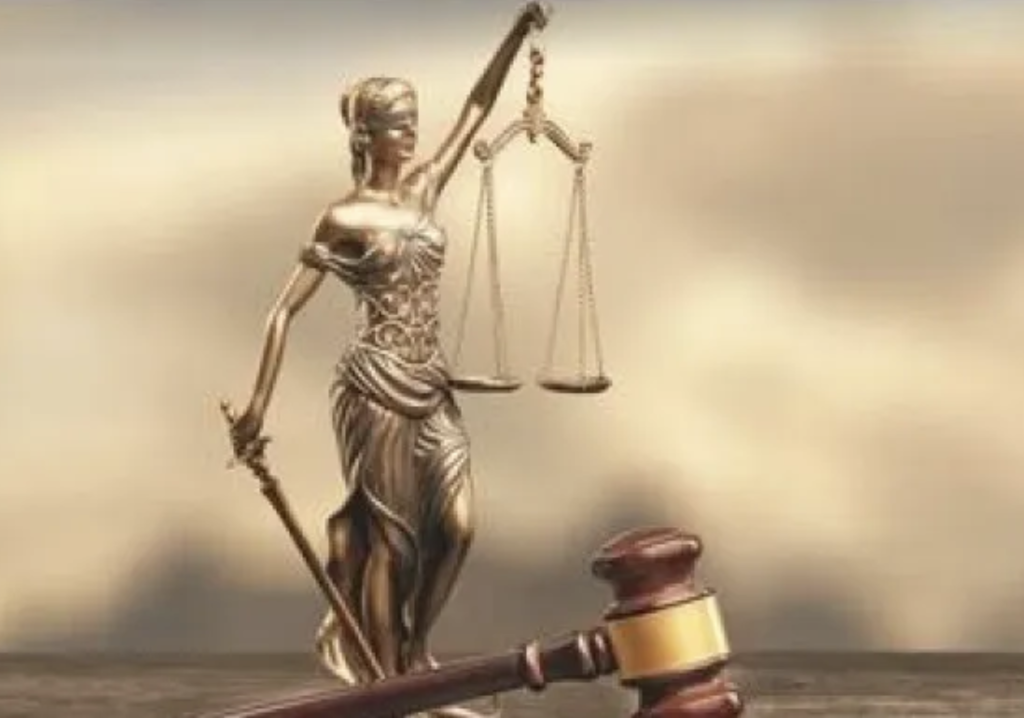
A recent ruling by the Dominican Republic’s Constitutional Court has declared articles 152 and 157 of the Electoral Law 20-23 in violation of the Dominican Constitution, sending shockwaves through the country’s political landscape and setting the stage for yet another overhaul of the nation’s electoral regulations, Listin Diario reports.
The contentious articles, which dealt with independent candidacies, were deemed unconstitutional due to an inconsistency between their titles and content. The Constitutional Court found that the law had imposed overly burdensome requirements on independent candidates, essentially forcing them to create political organizations similar in structure to established political parties.
“The mechanism provided for the presentation of independent candidacies requires the creation of political groups, structured in a manner similar to traditional political parties. This denatures the figure of independent candidacies and limits their accessibility for those who wish to choose this path,” the ruling stated to sustain the decision that opens doors for independents.
The decision, which stems from a challenge brought by citizen Roberto Fiallo, has sparked heated debate among political parties. Many have expressed concerns that the ruling could destabilize the political system. The present situation makes it prohibitively expensive for independent candidates to compete.
Sigmund Freund, the Modern Revolutionary Party (PRM) delegate to the Central Electoral Board (JCE), warns of potential chaos. “Imagine if everyone who thinks they can be a candidate goes and registers. There will be no prior requirements. How are votes going to be counted or funds distributed when there are 200 candidacies?” Freund questions, as reported in Listin Diario.
The JCE, for its part, has yet to issue an official statement on the matter, leaving political actors and legal experts in a state of uncertainty.
The ruling brings with it the requirement that significant changes need again to be made to the laws governing political parties and elections that have already undergone significant changes. The most recent changes were made in 2023, resulting in Electoral Law 20-23. Actually, this is the third time since the Electoral Law was passed in 2018. The frequency of these revisions has been attributed to ambiguities and inconsistencies in the faulty original legislation.
“The National Congress should take advantage of this situation to evaluate all the issues that have been declared unconstitutional,” Freund urges.
Diario Libre, nevertheless, reports a sobering fact. The Constitutional Court ruling does not address funding for the independents. A recent Diario Libre article indicates that in 2025, the 34-authorized political entities will receive RD$1.5 billion in taxpayer money for their political activities. This includes RD$400 million each to the three majority political parties — the ruling Modern Revolutionary Party (PRM), the People’s Force (FP) and the Dominican Liberation Party (PLD).
Read more in Spanish:
Listin Diario
Diario Libre
Diario Libre
26 December 2024

